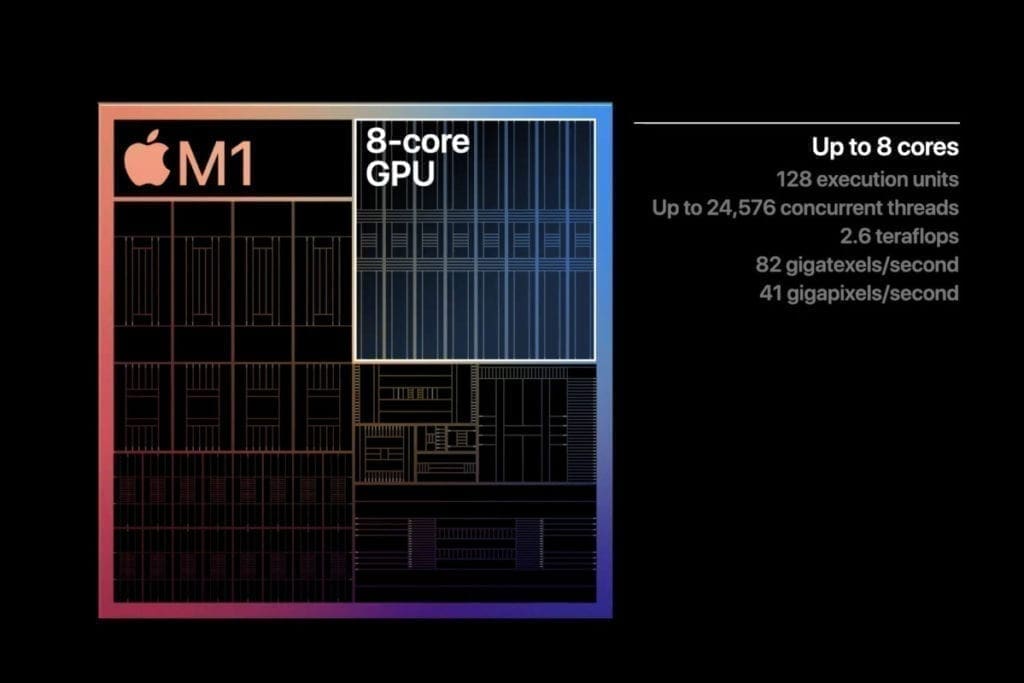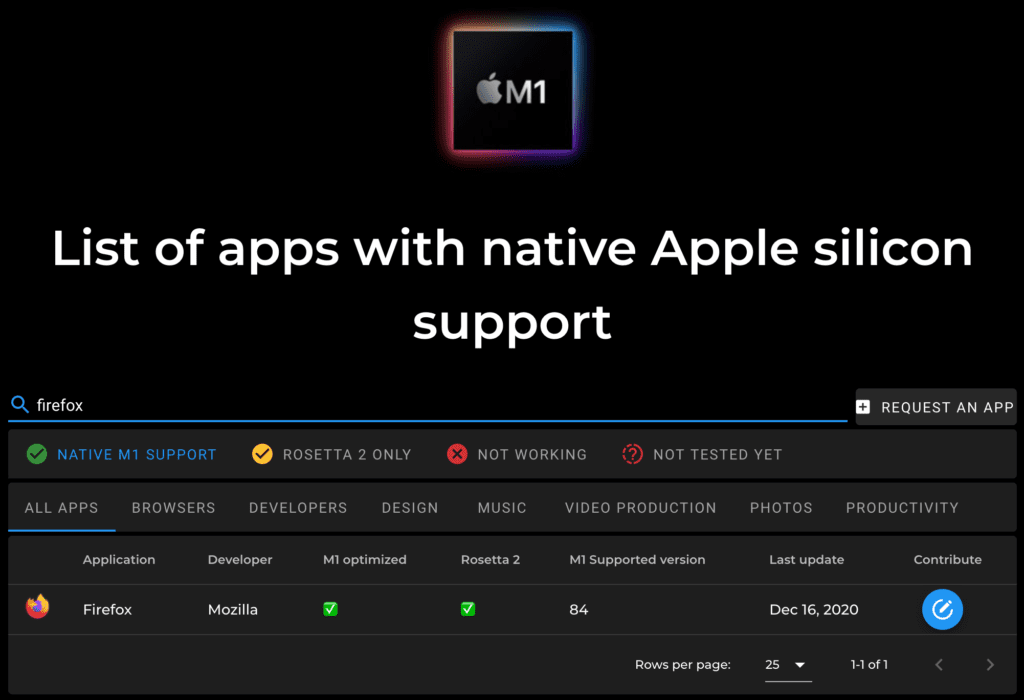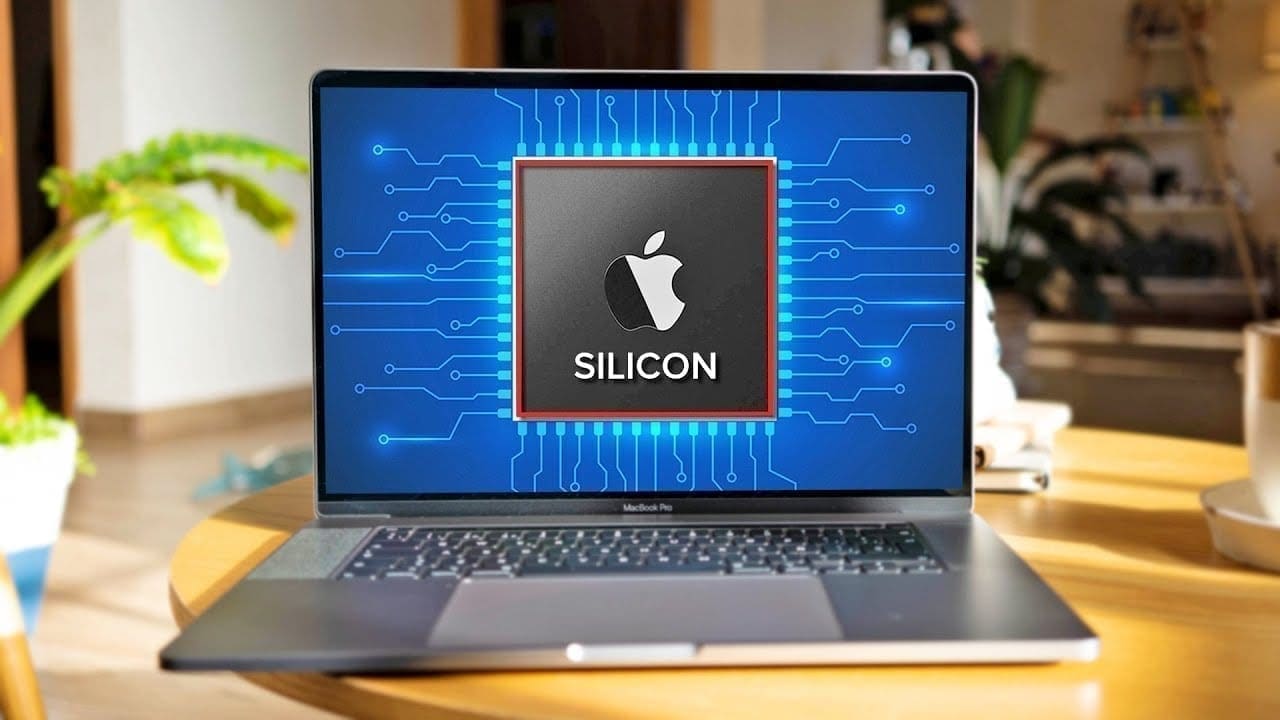It’s been several months since the release of the new M1 Macs, and developers are looking to optimize their programs and applications for the updated architecture. Apple’s new unified memory and silicon have been proven to be blazing fast.
This can be seen by some apps performing better via Rosetta 2 translation than they do on their Intel counterparts. Crazy stuff right?
So which apps are Apple Silicon ready?
How can you check which apps are Apple silicon ready? It’s easy, just go to IsAppleSiliconReady and enter the app you’re searching for. It will give you information including if the app is M1 optimized, running on Rosetta 2, and even the M1 supported version.


Interestingly, as of yet, there are still quite a few apps that have not yet been optimized. Google developers were quick to release an M1 version of Google Chrome months ago, but apps including Microsoft Teams, Discord, and Whatsapp have not, among others.
Furthermore, it’s important to note that even though an app may display on IsAppleSiliconReady as “M1 optimized”, the reality may be different.
I did some experimenting on my own M1 Mac, and found that Firefox (although supposedly M1 optimized) was using an incredible amount of swap memory.


This resulted in almost 500GB per day of data bytes being written to the internal SSD, from a supposedly “optimized” app.
What I’m trying to say is don’t take the developer of an app saying it’s now M1 ready at face value. There’s still a lot we don’t know about Apple silicon and it pays to keep track of how your Mac interacts with non-Apple native apps (e.g. Mail, Notes, or Safari).





